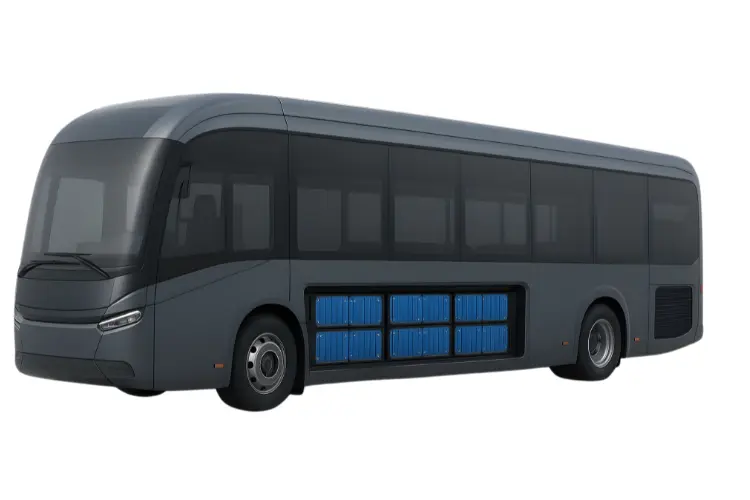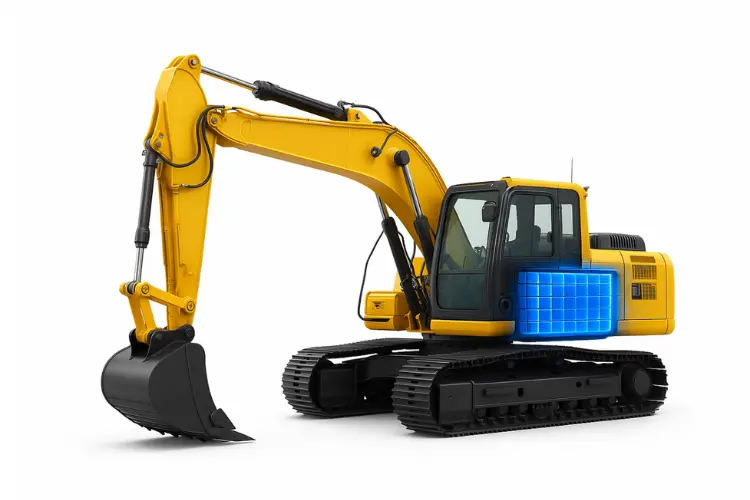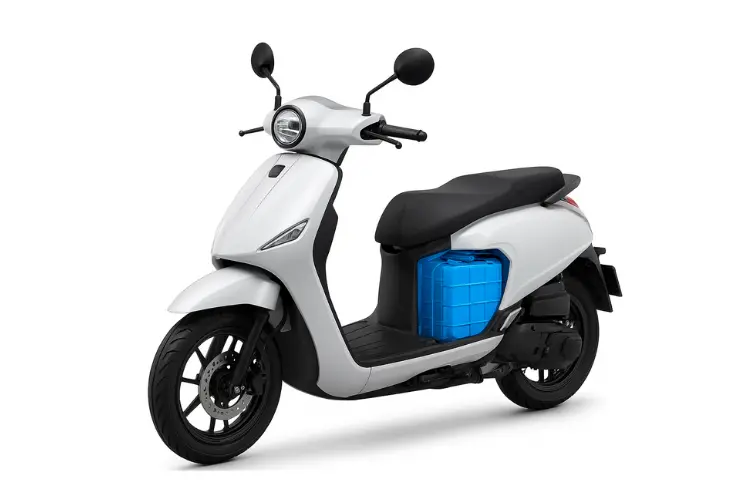
Dynamic Mobility, Seamless Solutions

Passenger vehicle energy systems are evolving with cutting-edge technologies, including fully electric drivetrains, advanced battery management systems (BMS), and integrated regenerative braking. These solutions optimize energy efficiency, reduce emissions, and enhance driving range, powering the transition to sustainable, zero-emission mobility.
Commercial vehicle energy systems are advancing through the adoption of electric drivetrains, hydrogen fuel cells, and hybrid architectures. These systems are designed for high durability and long-range capabilities, providing significant cost savings on fuel and reducing carbon footprints in logistics, freight, and distribution industries.


Hybrid vehicles combine both traditional internal combustion engines with electric powertrains to optimize fuel efficiency. These energy systems offer a balance between performance and sustainability, reducing carbon footprints while maintaining the versatility and range needed for daily driving and long trips.
Heavy-duty transport vehicles are shifting towards next-generation energy solutions, including electric and hydrogen fuel cell technologies. These high-performance energy systems are engineered to handle long-haul transportation while significantly reducing greenhouse gas emissions, offering an environmentally sustainable alternative to diesel-powered trucks and fleets.


Energy systems for road passenger transportation, including electric buses and coaches, utilize smart energy management software, V2G (Vehicle-to-Grid) capabilities, and high-capacity batteries to optimize fleet operations. These systems ensure minimal environmental impact while improving operational efficiency and reducing overall lifecycle costs.
Urban delivery solutions are transforming with AI-optimized energy systems that integrate autonomous vehicles, electric cargo bikes, and robotics into smart city infrastructure. These systems leverage machine learning and real-time traffic analytics to predict optimal delivery routes, enhance energy regeneration, and minimize emissions. Advanced energy management algorithms autonomously adjust energy consumption based on weather patterns, load weight, and congestion data, ensuring precision deliveries with minimal carbon footprint.


Construction machinery is embracing high-efficiency electrification and autonomous energy management systems that integrate hybrid powertrains, ultra-fast charging networks, and advanced AI. These systems monitor load, fuel consumption, and machine health, optimizing energy consumption based on task-specific requirements. Autonomous excavation, digging, and lifting machines are enhanced by high-powered electric motors, offering precise control and energy regeneration capabilities, significantly improving operational efficiency on job sites.
Electric two-wheelers are adopting sophisticated energy management systems that feature high-performance lithium-sulfur batteries, real-time regenerative braking, and predictive energy optimization. Integrated with IoT connectivity, these vehicles collect data on ride patterns, battery health, and local traffic conditions, providing riders with insights and real-time suggestions for optimizing energy use. Smart charging stations, powered by AI, schedule charging during off-peak hours and adjust charging rates for improved grid stability.


Vessel energy systems are rapidly advancing with integrated hydrogen fuel cell technology, high-capacity lithium-ion batteries, and advanced power management systems that control energy flows for optimal propulsion and battery longevity. These systems enable vessels to operate in zero-emission modes with integrated AI for performance optimization, navigation efficiency, and energy regeneration during docking and cruising.
Special vehicles, including military, emergency, and specialized service units, utilize hybrid powertrains combined with cutting-edge energy storage systems and high-torque electric motors. These vehicles are designed for mission-critical performance, incorporating energy regeneration during tactical maneuvers, AI-driven power management, and thermal management systems that ensure reliability in extreme operational conditions while minimizing fuel consumption and emissions.


Energy storage solutions (ESS) have various applications across different industries, including Grid-level energy storage, Electric vehicles, peak shaving, solar energy, emergency power backup Etc. Energy storage systems make it easier to store and supply energy where and when it is required, resulting in a more robust energy infrastructure and cost savings for customers and utilities.
Simple easy distinguish in a free hour when our power choice.
Reach Us